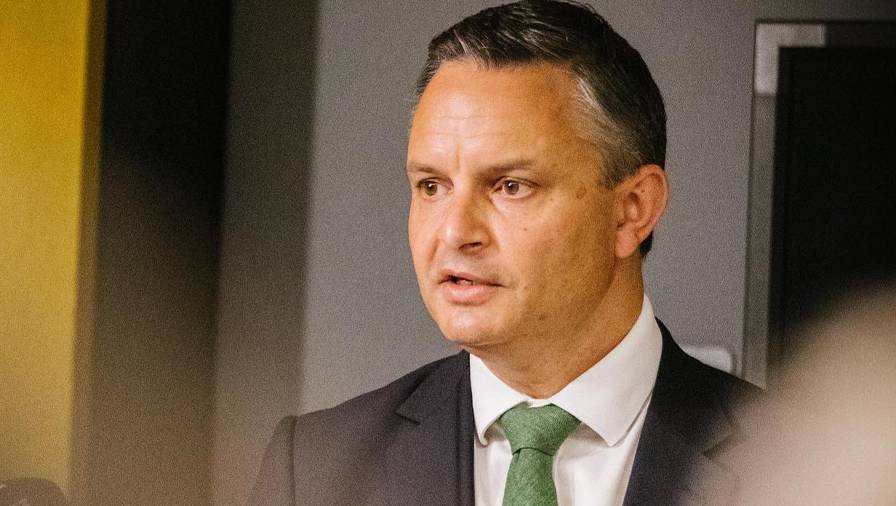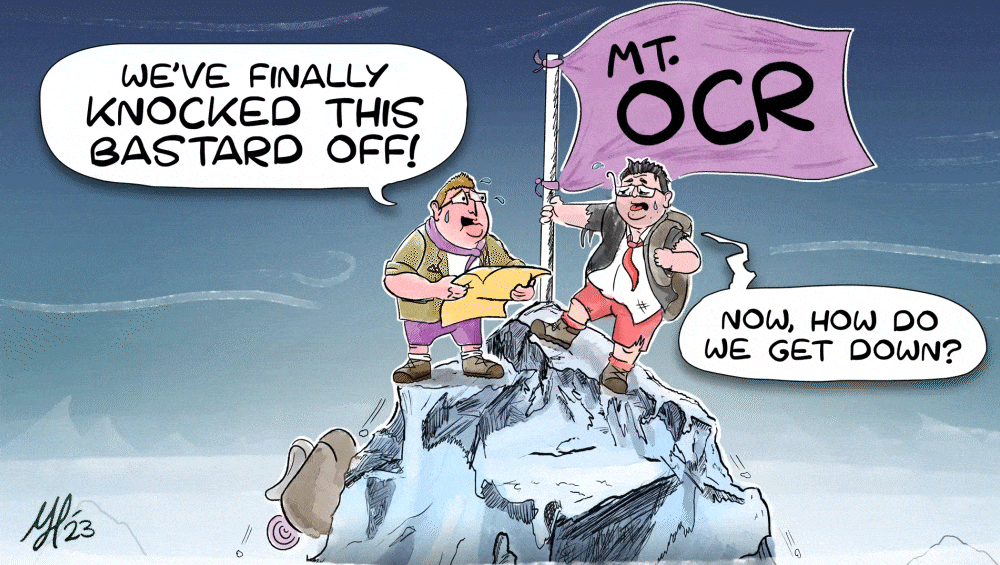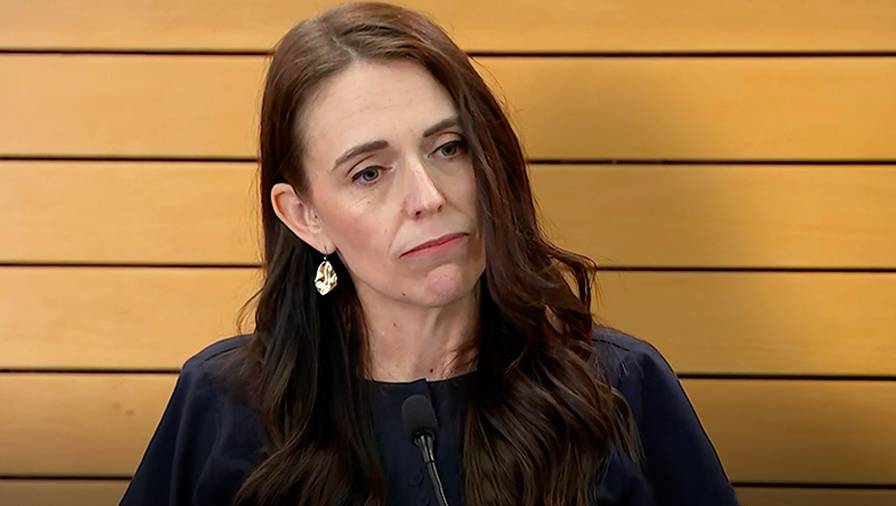Negative polls, no wealth tax, OCR idle, EU deal
ANALYSIS: PM Chris Hipkins adds to the policy bonfire this week by ruling out wealth or capital gains taxes.
NBR political commentator Brigitte Morten speaks with Grant Walker.
ANALYSIS: PM Chris Hipkins adds to the policy bonfire this week by ruling out wealth or capital gains taxes.
NBR political commentator Brigitte Morten speaks with Grant Walker.
The tax debate continued at-pace this week, following the release of Budget documents on Wednesday, showing the Government was looking at capital gains and wealth taxes.
However, it decided to abandon those plans, and with it, a tax-free threshold of up to $10,000 by April 2025, which would have been paid for by a 1.5% tax on net wealth above $5 million.
In Europe, Prime Minister Chris Hipkins was quick to respond to the release of the Budget documents, saying now is not the time for a big shake-up of the tax system.
“I’m confirming today that, under a Government I lead, there will be no wealth or capital gains tax after the election. End of story.
“With many Kiwi households struggling, now is simply not the time for a big shake-up of our tax system,” he said on Wednesday.
Hipkins said a wealth tax did not fit with his “focus on the basics”.
In response, Green Party co-leader James Shaw is disappointed, saying the tax system needs to be fair.
“Political leaders don’t get to decide what will and won’t happen after the election. That’s the job of the New Zealand public.
“Nothing Labour says now will stop the Green Party from fighting for a fairer tax system.”
Green Party co-leader James Shaw.
NBR columnist and political commentator Brigitte Morten notes that recent polls are putting Labour under pressure just months out from the October election.
She says Labour will not want the narrative to shift to ‘Labour is taxing you more’ in a cost-of-living crisis, which would have been strong political ammunition for National and Act.
“For [Hipkins], no doubt, it is another version of the policy bonfire.”
Morten is unsure whether major tax changes are firmly off the table, though, saying we live in an MMP environment, and political parties must negotiate to form government.
“Labour got their one golden term, which they got to govern by themselves; that’s squarely over. They don’t get to dictate what’s going to be part of coalition negotiations, and what’s not.
“I think they are more than willing to do whatever it takes to retain government.”

Illustration: Michael Hickmott.
The Reserve Bank kept the official cash rate at 5.5% this week but reiterated it will need to stay high to cool the economy and inflation.
Morten says while it is a good sign that interest rates have probably peaked, there will be frustration that interest rates won’t fall in a hurry.
In addition, Morten says there is no relent, with food prices rising 12.5% in the year ended June.
On a monthly basis, food prices were up a seasonally adjusted 0.9% from May to June this year.
Separately, Stats NZ data also show spending using electronic cards increased last month.
Retail spending using debit, credit, and charge cards rose 1%, or $68m, compared with May, with broad growth in spending on fuel, clothing, and items around the home.
Morten says everyone is being hit in the back pocket, especially mortgage holders looking to refix on higher rates in the coming months.
New Immigration Minister Andrew Little apologised this week after a review by Mike Heron KC on dawn raid tactics, two years on from an official apology from then-PM Jacinda Ardern.
Heron found that apology “to ring hollow” because no changes had been made to the law or Immigration New Zealand policy.
Little apologised and said he would consider the review’s recommendations and then take them to Cabinet.
Morten says this will be one of the most “egregious disappointments” of this Government.
She suggests there are broader culture issues at play, following on from the Michael Wood and Stuart Nash demotions.
“There’s clearly some sort of cultural problem coming from the top, I would say, where this level of accountability and transparency has not been put in place.
“Therefore, you are just going to see continued mistake after continued mistake.”
Former Prime Minister Jacinda Ardern.
A positive for Hipkins: New Zealand and the European Union officially signed a comprehensive free trade agreement, which will unlock $100m in tariff savings when it comes into force next year.
“The EU FTA will increase our exports to the EU by up to $1.8 billion per year by 2035.
“Tariff savings on New Zealand exports are $100m from day one of the agreement entering into force, the highest immediate tariff saving delivered by any New Zealand FTA,” Hipkins said.
As a result of the FTA, tariffs would be removed on a range of key exports, such as kiwifruit, mānuka honey, fish and seafood, onions, wine, and industrial products.